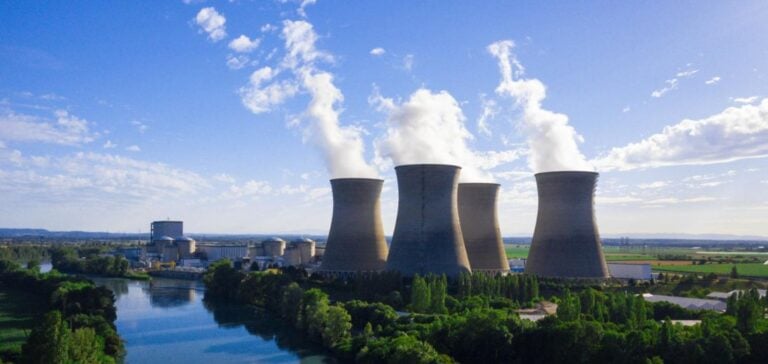In a new report, the French Court of Auditors calls for France to step up its energy efficiency. Faced with the challenges posed by global warming, the Cour des Comptes emphasizes the importance of integrating these issues into energy safety practices. It calls on operators such as the Compagnie Nationale du Rhône (CNR) and EDF to consider significant adaptations, in particular increasing storage capacity to cope with the effects of the heatwave and low water levels in rivers.
Recommended Specific Investments
Among the measures recommended, the installation of cooling towers seems essential to limit the thermal impact on watercourses. The Court estimates the cost of each installation at 500 million euros, with systematic implementation planned for future EPR2 reactors on river banks. Particular attention is also paid to sea-level rise and its impact on seaside facilities.
Risk Management for Dams
French dams are facing increased risks of exceptional flooding and landslides, threatening their integrity and potentially causing flooding. The Court calls for stronger adaptation measures to prevent these risks, underlining the urgent need to review management and safety strategies.
Electricity distribution network in question
Electricity distribution networks, managed by RTE and Enedis, also need to review their investment strategies to better withstand the consequences of climate change. The Court recommends that investment plans be updated, taking into account lessons learned from past storms and future climate forecasts.
EDF’s commitment to Climate Adaptation
In response to the Court’s concerns, EDF’s CEO asserts that climate change adaptation plans are already in place for nuclear and hydroelectric infrastructures. The aim is to ensure the resilience and safety of French energy facilities in the face of anticipated climate change.
The Cour des Comptes’ call for greater investment in adapting the French energy sector to climate change highlights the need for proactive planning and action. Specific recommendations aim to secure energy supplies while protecting the environment.






















